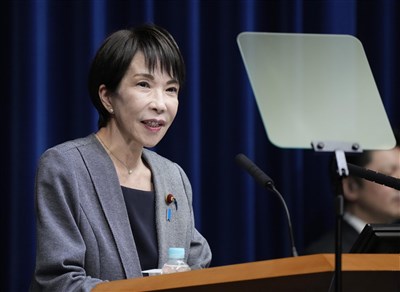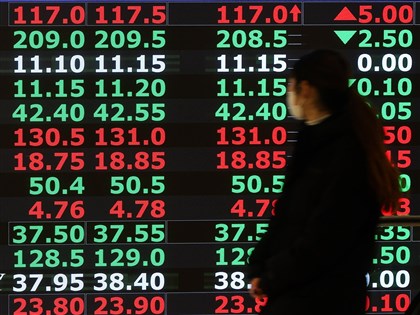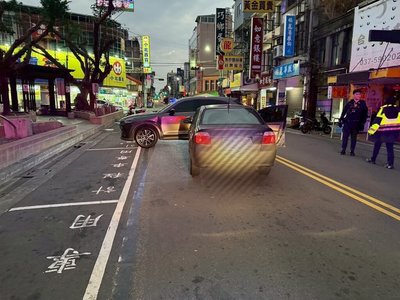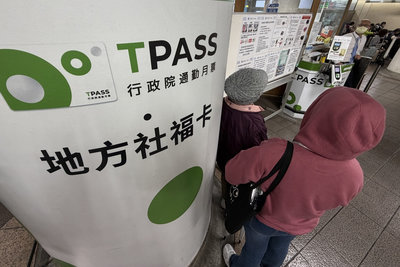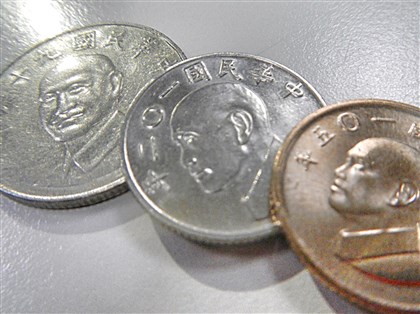為六四30獻詩 漢學家林培瑞寫下記住六四的理由
(中央社網站)今年是六四血腥鎮壓30週年。日前來台參加相關研討會的漢學家、美國加州大學河濱分校講座教授林培瑞撰寫了一首詩「我們為什麼記得六四」,回應一些人「為什麼一定要記住六四」的質疑。
林培瑞(Perry Link)說,有些人認為這段發生在1989年天安門廣場的事件已經過去30年,應該「忘了吧,往前看吧」,但他認為這個問題有許多答案,而這些答案加在一起都不夠。中央社將林培瑞這篇詩文全文刊登如下:
‘Why We Remember June Fourth’
「我們為什麼記得六四」
We remember June Fourth because Jiang Jielian was 17 at the time. He is still 17. He will always be 17. People who die do not age.
我們記住六四,是因為那時候蔣捷連才17歲。今天,他仍然是17歲。他永遠是17歲。死去的人不長歲數兒。
We remember June Fourth because the lost souls that haunted Liu Xiaobo until he died will haunt us, too, until we do.
我們記住六四,是因為那些逝去的亡靈,始終困擾著劉曉波,直到曉波去世;亡靈們也將困擾我們,直到我們也去世。
We remember June Fourth because the glint of bonfires on bayonets is something one does not forget, even if one did not see it personally.
我們記住六四,是因為刺刀上閃爍的篝火,令人難忘;即使沒有親眼看見過的人,也不會忘記。
We remember June Fourth because it taught us the essential nature of the Communist Party of China when all of the clothes, every shred,falls away. No book, film, or museum could be clearer.
我們記住六四,是因為它讓我們看清了中國共產黨的本質。在那會兒,這個黨所有的外衣脫落在地,毫無隱藏。沒有任何書籍、電影或者博物館,能夠讓人看得如此清晰。
We remember June Fourth because of the ordinary workers who died then. We cannot remember most of their names because we do not know most of their names. We never did. But we remember them as people, and we remember that we never knew their names.
我們記住六四,是因為普通的工人倒了下去。我們不可能記住大多數他們的名字,因為我們不知道他們的名字,從來也不知道。但我們記住了他們作為人的舉動,我們也記住了自己始終不知道他們的名字。
We remember June Fourth because the worst of China is there—but the best of China is there,too.
我們記住六四,是因為這是最壞的中國,但也是最好的中國。
We remember June Fourth because it was a massacre—not just a crackdown, or an "incident," an event, a shijian, a fengbo; not a counterrevolutionary riot, not a faint memory,and not, as a child in China might think today,a blank. It was a massacre.
我們記住六四,是因為它是一場大屠殺——不僅是一場鎮壓;不是一個事故、事件或風波;不是一次反革命暴亂,不是一個模糊的記憶;不是如同今天中國的一個孩子所能夠想起的,一片空白。不是別的,是一場大屠殺。
We remember June Fourth because, as Fang Lizhi noted with his characteristic wit, it is the only case he has heard of in which a nation invaded itself.
我們記住六四,是因為,正如方勵之以他的特有的幽默所說的:世界歷史上很少有大國侵略他自己。
We remember June Fourth because we want to know what the soldiers who did the killing remember. They were brainwashed on the outskirts of the city before they carried out their deadly orders. So they were victims, too. We do not know what their thoughts were. But we remember that we want to know.
我們記住六四,是因為我們想知道那些殺人的士兵們,自己有什麼記憶。在執行兇狠的命令之前,他們在北京的郊區被洗腦,以為是要平息暴徒。因此這些普通兵也是受害者。我們不知道他們頭腦中想過什麼。但是我們記得我們想知道。
We remember June Fourth because Ding Zilin is still alive. She is 82 years old. When she goes out, plainclothes police follow to provide security. Security for her? No, security for the state. That's right, a regime with 100 trillion yuan in GDP and two million soldiers needs protection from an 82-year-old lady. Protection from her ideas. This is worth remembering.
我們記住六四,是因為丁子霖還活著。她82歲了。她走到哪兒,便衣員警跟到哪兒。為的是安全。丁教授的安全嗎?不是。為的是國家的安全。沒錯,一個擁有近100兆人民幣GDP和200萬軍隊的政權,竟然需要保護自己免受一個82歲老太太的傷害。怕的不是她的力氣,是她腦子裡的想法。那想法是有力量的。這是我們值得記住的。
We remember June Fourth in order to support others who remember. We remember alone. But we remember together, too.
我們記住六四,是因為要支持其他想記住的人。我們單獨記得。但也是跟朋友們一道記得。
We remember June Fourth because remembering it makes us better people. Remembering is in our personal interests. When politicians talk about "interests" they mean material interests. But moral interests are just as important--no, they are more important. More important than owning a yacht.
我們記住六四,是因為記憶對我們自己有好處。是我們自己的利益。政治提到「利益」總是物質利益。然而精神上,道德上的利益同樣重要——不,更加重要。比擁有一艘遊艇重要得多。
We remember June Fourth because it was an historic turning point for one-fifth of the world. A turning point in a frightening direction. We hope it won't be so much of a turning point as to throw the whole world into a ditch. But we don't know. We'll have to see.
我們記住六四,是因為六四是1/5世界的歷史轉捩點。是一個朝向可怕的方向的轉折。我們不希望看到,這也是把世界帶到溝裡去的那樣一個轉折。但我們不知道。真的不知道。得走著瞧。
We remember June Fourth because, if we didn 't remember it, it could not be in our heads any other way. Could we possibly have imagined it?No.
我們記得六四,是因為只有通過記性,這種事兒才能在腦子裡存在。 難道能夠想像得出來嗎?不能。
We remember June Fourth because there are people who dearly want us to remember. It comforts them to know that we remember.
我們記住六四,是因為有些人非常希望我們記住。我們記住,對他們是莫大的安慰。
We remember June Fourth because there are also people who desperately want us not to remember. They want us to forget because forgetting helps to preserve their political power. How foul! We would oppose that power even if remembering massacres were the only way to do it.
我們記住六四,是因為另外有些人非常願意看到我們遺忘。遺忘有利於他們維持政權。多麼卑污!哪怕記住屠殺是我們抵制獨裁的唯一方法,我們還是得記住,還是得抵制。
We remember June Fourth in order to remind ourselves of the way the Chinese government lies to itself and to others. It says the Chinese people have long since made their "correct judgment on the 1989 counterrevolutionary riot at Tiananmen Square." But each year, at June Fourth, plainclothes police block people from entering the Square. Why? If the Chinese people all believe what the government says they believe, then why not let the people into the square to denounce the counterrevolutionaries? The presence of the police shows that the regime does not believe its own lies.
我們記住六四,是因記憶能提醒我們中國政府撒謊的方式。自己都不信自己的謊言。說中國人民早就對「天安門廣場上的反革命暴亂作出了正確的判斷」。但是每年的六四,便衣員警阻止人們進入天安門廣場。為什麼?——假如中國老百姓真的做了政府宣揚他們做了的所謂「判斷」,那為什麼不讓人家進入廣場去譴責反革命分子?員警的在場,說明政權不相信自己的謊言。
We remember June Fourth because shocks to the human brain last a long time. We would not be able to forget even if we tried.
我們記住六四,是因為人腦受到巨大衝擊之後,需要很長很長的時間才能開始恢復。哪怕我們下決心從明天開始遺忘,也肯定忘不了。
- 2019/06/04 15:16
- 2019/05/24 14:24
- 2019/05/23 13:59
- 為六四30獻詩 漢學家林培瑞寫下記住六四的理由2019/05/22 14:47
- 2019/05/22 14:32
- 2019/05/21 14:27
本網站之文字、圖片及影音,非經授權,不得轉載、公開播送或公開傳輸及利用。


